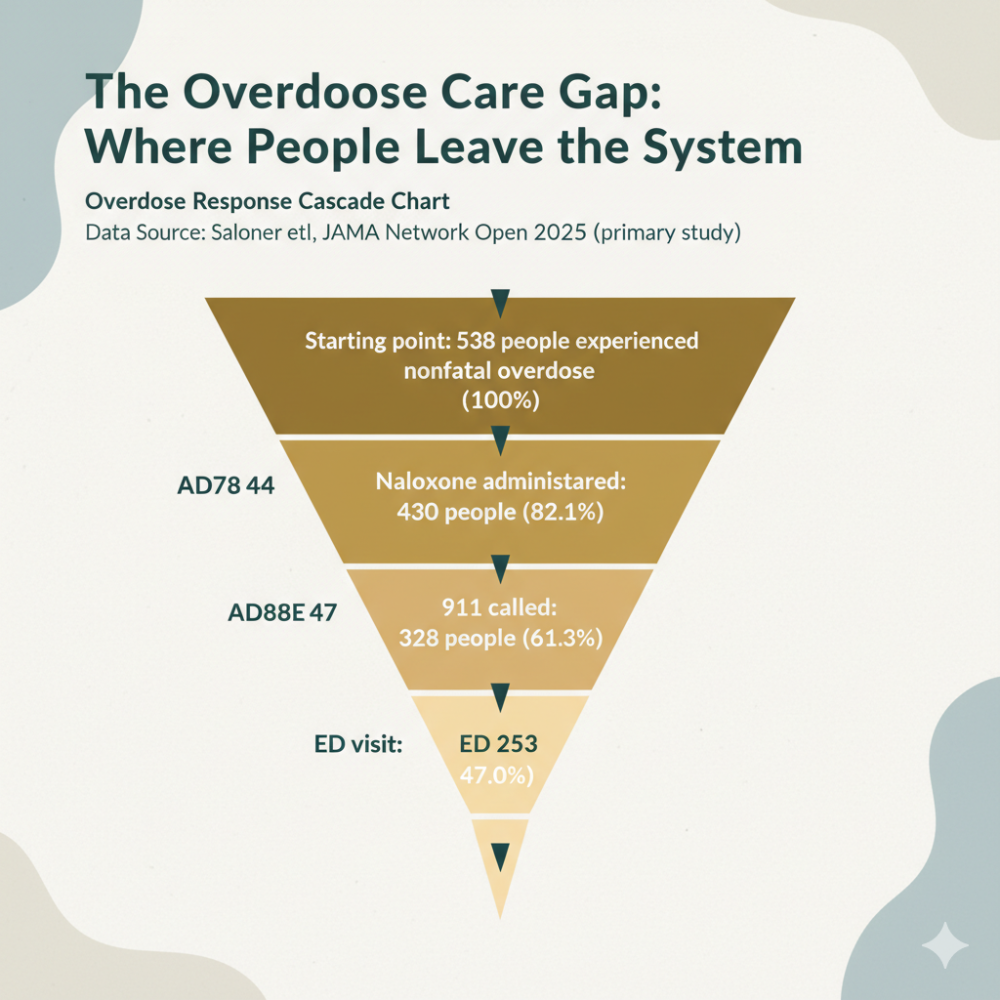With rates of obesity in America climbing, many people turn to medications to help with weight loss. Sometimes known as “diet pills,” these medicines are prescribed to help patients boost their metabolism, decrease their appetite, and ultimately lose weight. Some are approved by the FDA for long-term use, while others are only approved for short-term use. Despite widespread use, diet pills can have serious medical consequences when misused or used for excessive amounts of time.
Diet Pills Approved for Long and Short-Term Use
There are four medications on the market for long-term use:
- Orlistat (Xenical)
- Phentermine-topirmate (Qsymia)
- Naltrexone-bupropion (Contrave)
- Liraglutide (Saxenda)
Three of the pills decrease appetite and cause a person to feel full sooner. Orlistat works in the gut reducing the amount of fat the body absorbs from food.
Four diet pills approved for short-term use include:
- Phentermine
- Benzphetamine
- Diethylpropion
- Phendimetrazine
These diet pills increase chemicals in the brain that cause feelings of fullness. These medications also have amphetamine-type effects.
Effects of Using Prescription Diet Pills
Mild side effects, such as nausea, constipation, or diarrhea, are common when taking diet pills. These side effects may lessen over time. Rarely, serious side effects can occur. For this reason, it’s important to discuss treatment options with a doctor thoroughly. Specific side effects will depend on the diet pill used.
- Contrave Side Effects: When taking Contrave, there is an increased seizure risk. This risk is higher in individuals with certain medical conditions, taking it with other medications or taking higher doses. Liver damage or hepatitis can also occur with the use of naltrexone-bupropion. Contrave may also cause serious psychiatric effects, including manic episodes and suicidal ideation.
- Qsymia Side Effects: Qsymia’s most serious effects are racing or pounding heartbeat, rapid, shallow breathing, hives, blood in the urine, rash or blisters, sudden decrease in vision or eye pain/redness, and severe back or side pain.
- Xenical Side Effects: In 2012, The National Institutes of Health found that Xenical could potentially cause acute kidney injury. Orlistat can also lead to soft stools, oily spotting, and gas.
- Saxenda Side Effects: Long-term use of Saxenda can lead to dangerous effects, such as suicidal thoughts, impaired kidney function, pancreatitis, gallbladder disease, and increased heart rate.
- Short-Term Diet Pills Side Effects: Due to amphetamine-type effects, medications approved for short-term use can cause elevated heart rate and blood pressure, euphoria, anxiety, shortness of breath, insomnia, dizziness, dry mouth, and misuse.
Herbal Diet Supplements
Some individuals try herbal diet pills for weight loss. These types of diet pills are used to increase metabolism and decrease appetite. Some products also claim to boost energy. People assume that because these products can be obtained without a prescription and are “herbal,” they are harmless. However, they can interact negatively with prescription medications or other supplements. Because they do not require FDA review or approval, purity and potency can vary widely. According to the FDA, It is becoming common for products labeled as herbal or dietary weight loss supplements to be laced with controlled substances, approved prescription drugs, and untested active ingredients. Many of these products have dangerous long-term consequences such as stroke, seizure, hypertension, tachycardia, and even death.
Red flags to look out for in herbal diet pills include:
- Promising rapid, extreme weight loss.
- Products are marketed as herbal alternatives to FDA-approved drugs.
- Wording such as “scientific breakthrough” or “guaranteed.”
Potential for Addiction
Since some prescription and herbal diet pills have effects similar to amphetamines, such as euphoria and increased energy, there is a risk for addiction or misuse. People with eating disorders are at increased risk of diet pill misuse. Individuals with vomiting and other purging behaviors, caffeine use, novelty-seeking, alcohol or other substance dependence, anxiety, and borderline personality disorder appear most at risk for diet pill misuse.
Signs of Addiction to Diet Pills
Signs of diet pill addiction or misuse include:
- Using diet pills to boost energy or for euphoria
- Preoccupation with the pills and focusing on the next dose
- Taking more than the recommended dose or taking them more often than indicated
- Using multiple different diet pills to increase the effect
- Experiencing withdrawal symptoms
Taking more than the recommended dose, taking diet pills more frequently than indicated, or using multiple diet pills together can cause cardiovascular problems and damage to the liver and kidneys. These behaviors can even lead to overdose and death.
Diet Pill Withdrawal Symptoms
Some prescription and herbal diet pills can cause withdrawal symptoms when a person stops taking them.
Some common diet pill withdrawal symptoms are:
- Fatigue
- Irritability
- Depressed mood
- Increased appetite
- Brain fog
- Diarrhea
- Cravings
Getting Treatment
Individuals coping with diet pill addiction should have an honest conversation with their doctor about treatment options. The first step may be a medical detox. At Gallus Medical Detox Centers, we use evidence-based IV therapy and oral medication protocols for inpatient detox that avoids cross-addiction. Withdrawal symptoms are treated instantly, and patients are kept comfortable throughout their stay.
With obesity threatening the health of millions of people, many are turning to prescription or herbal diet pills to help achieve a healthy weight. Many of these medications and supplements can be used relatively safely under the supervision of a physician. However, they have the potential to have adverse effects and can even be lethal when misused or taken for an excessive amount of time.
At Gallus Medical Detox Centers, our mission is to provide the highest quality inpatient medical detox services and be the best first step in overcoming substance use disorders. The Gallus Method provides superior detox care, optimized treatment outcomes, and helps patients achieve long-term recovery. With our proprietary, evidence-based protocols, our patients are kept comfortable and treated with compassion, dignity, and empathy by our highly trained staff. Call Gallus Medical Detox Centers at 866-272-5978 for information on beginning your recovery journey.


 Steve B
Steve B 
